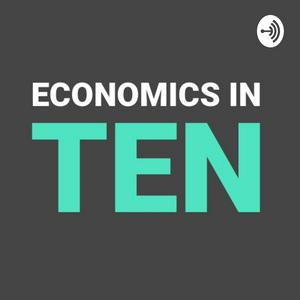In standard economic theory monopolies are generally seen as leading to "sub-optimal outcomes" (they are bad!). However in their own discipline one could argue we have seen one particular approach to economics dominate over recent decades. Is this sub-optimal? One economist in particular, Jayati Ghosh, would argue yes, and point to the negative impacts of having just one "voice" dominate theoretical and policy discussions.
The work of Jayati Ghosh highlights irony and suggests that through this monopolisation, economics finds itself in a situation where few new ideas can emerge that might work more effectively than the current offer, especially in a time of rampant inequality, stagnant growth and global warming. As an Asian, female economist, Ghosh offers a different perspective to many Western economists. She has done some outstanding work focusing on the area of unpaid care work but it doesn’t stop there with numerous and substantial contributions to both macro and microeconomics, particularly in the development sphere. In this fifth episode of season 8 of their award winning podcast, your friendly neighbourhood economists, Pete and Gav explore one of Kate Raworth’s favourite economists - Jayti Ghosh. Not only will you discover a more pluralist approach to the subject but you’ll also find out why, through a rather painful experience, she ended up learning the piano and not the violin, how the James Bond theme relates to the Indian classical raga and a super quiz on all things India. Technical support as always comes from ‘buy-me-a-tortoise’ Nic.


